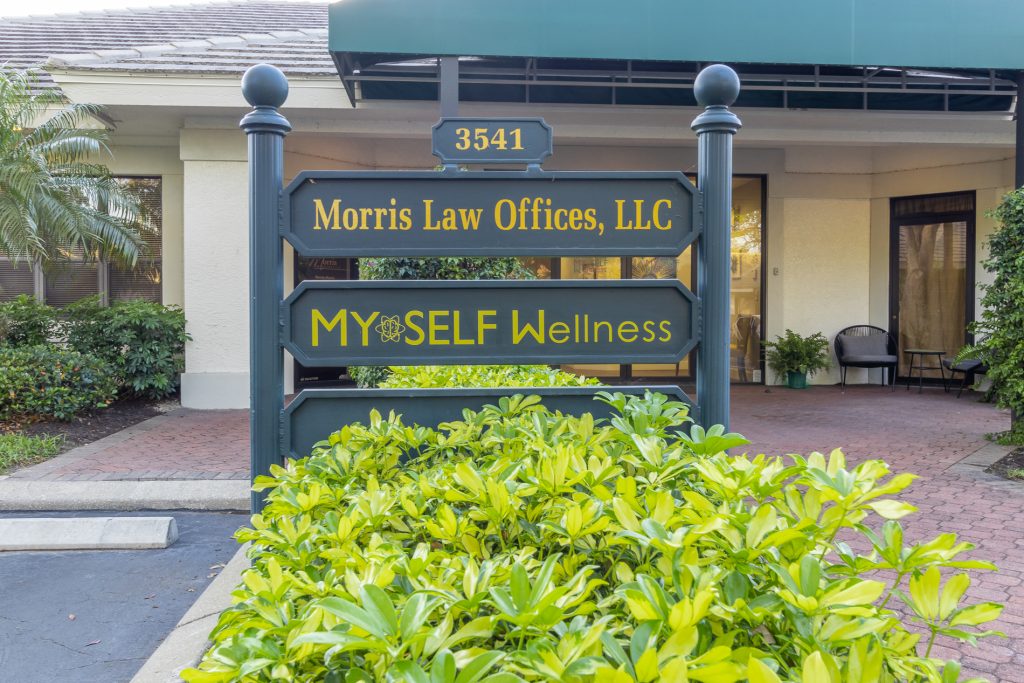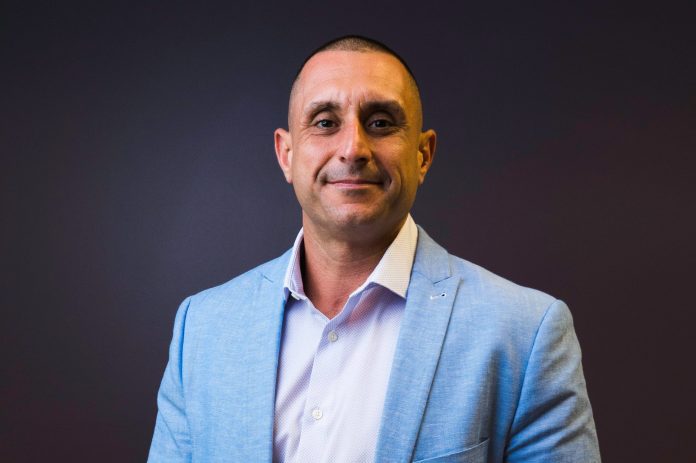In an eye-opening interview with Charles Patti, co-founder of My Self Wellness, he dives deep into the heart of his life-changing experience with psychedelic medicines such as DMT and how it pushed him into establishing a pioneering wellness clinic.
Battling with personal demons including addiction and depression, Patti revealed how his triumphant victory against heroin addiction was thanks to a profound DMT experience.
“Psychedelic medicine saved my life,” Patti affirmed.
His story of personal struggle and eventual liberation using psychedelics sparked a desire to help others in similar predicaments.
Leaving his stable job in electronics PR, Patti, backed by his fiancé, Christina, embarked on a daring venture.
“We took a leap of faith and started a My Self Wellness, hoping to incorporate ketamine therapy,” he explained. Undeterred by the timing of their launch, just a week before the Covid-19 lockdown, Patti, and his team persevered.
Drawing from the laws of attraction, their venture bloomed, marking roughly 7000 ketamine treatments within four years.
The wellness clinic’s success is undeniable. With an exceptionally high rate of success, they’ve assisted countless individuals to overcome dependencies on pharmaceutical psych meds, break free from fentanyl addiction, cocaine, and alcohol abuse.
“We’re getting people off their pharmaceutical psych meds,” Patti stated, highlighting the transformative impact of their mission-driven business.
Navigating the difficulties that surfaced during their journey was no easy task.
Beyond the financial gamble of launching their business, Patti highlighted the challenges of overcoming societal taboos associated with psychedelic medicine and the marketing roadblocks they faced due to regulatory constraints.

Charles Patti’s fascination with the therapeutic potentials of psychedelic substances extends beyond his wellness clinic, having recently joining the board of Noonautics, a non-profit focusing on DMT research
Meeting Egon William at a psychedelic conference in Miami was the catalyst that connected Patti with Noonautics.
Patti’s vivid recounting of his spiritual encounters and conversations with interdimensional beings during his DMT experiences resonated deeply with William.
“I quit my heroin addiction when I smoked DMT,” Patti said, describing his transformative encounter with spiritual entities.
He narrated experiences with extraterrestrial beings that proved crucial to his recovery, stirring a fiery determination to help others through similar journeys.
Upon receiving an invitation to join the Noonautics Advisory Board, Patti readily accepted. “I was incredibly grateful for the opportunity and agreed to come on board,” he expressed.
With Charles Patti onboard, Noonautics aims to establish a research facility to advance trials with the DMT protocol.
The wellness advocate is striving to unravel the stigmas attached to psychedelic substances and unlock their therapeutic potential, shaping the future of mental health treatment.
Patti passionately spoke about the potential for harnessing the therapeutic benefits of psychedelics, particularly DMT, used in sacred ceremonies for millennia. “There’s a ton of different opinions out there. But I think these experiences are very real,” Patti shared, referring to encounters with otherworldly entities during DMT experiences.
He revealed a pivotal, personal encounter that spurred his leap of faith into the industry, confessing to a DMT-induced communion with higher dimensional beings. These beings, Patti recounted, urged him to pursue this path.
He acknowledged the scepticism such stories often face but remained adamant about the realness of his experiences.
Over the past four years, Patti’s organization has aided hundreds, particularly veterans dealing with suicidal ideation, to transition off pharmaceuticals.
Their primary treatment method is psychedelic ketamine therapy, which, according to Patti, is strikingly similar to an hour-long DMT session.
As for the industry’s future, Patti recognizes rapid growth and the dissipation of taboos, largely due to ongoing research by reputable institutions.
However, he voiced concerns about potential pitfalls, such as irresponsible use of psychedelics. “We really need to make sure that we do this properly, so we don’t ruin it again,” Patti cautioned, referring to the stigma that attached to psychedelics following their recreational use in the 60s and 70s.
For those considering psychedelic therapy for trauma or depression, Patti urged diligent research and choosing a treatment centre experienced in psychedelic medicine.
He expressed hope that as the industry matures, these transformative therapies would become more accessible.
Patti’s belief in the power of these medicines is profound. “I’m crazy enough to think that these medicines can end wars and all,” he shared.
His interview reflects a broader shift in attitudes towards psychedelics, suggesting that a future where such medicines are mainstream isn’t as far off as it once seemed.
In conclusion, he says, “I think what my main message to people would be is like, you know, people don’t need to suffer any more, especially with access to ketamine therapy. We have an FDA approved medication that is causing people to have some of the most healing psychedelic experiences that any human being can have, so definitely do your research, but be open-minded, you know because this stuff really works and if it saved my life, it can help other people too.” As research continues, and with advocates like Charles Patti, the future of psychedelic medicine holds immense potential.


